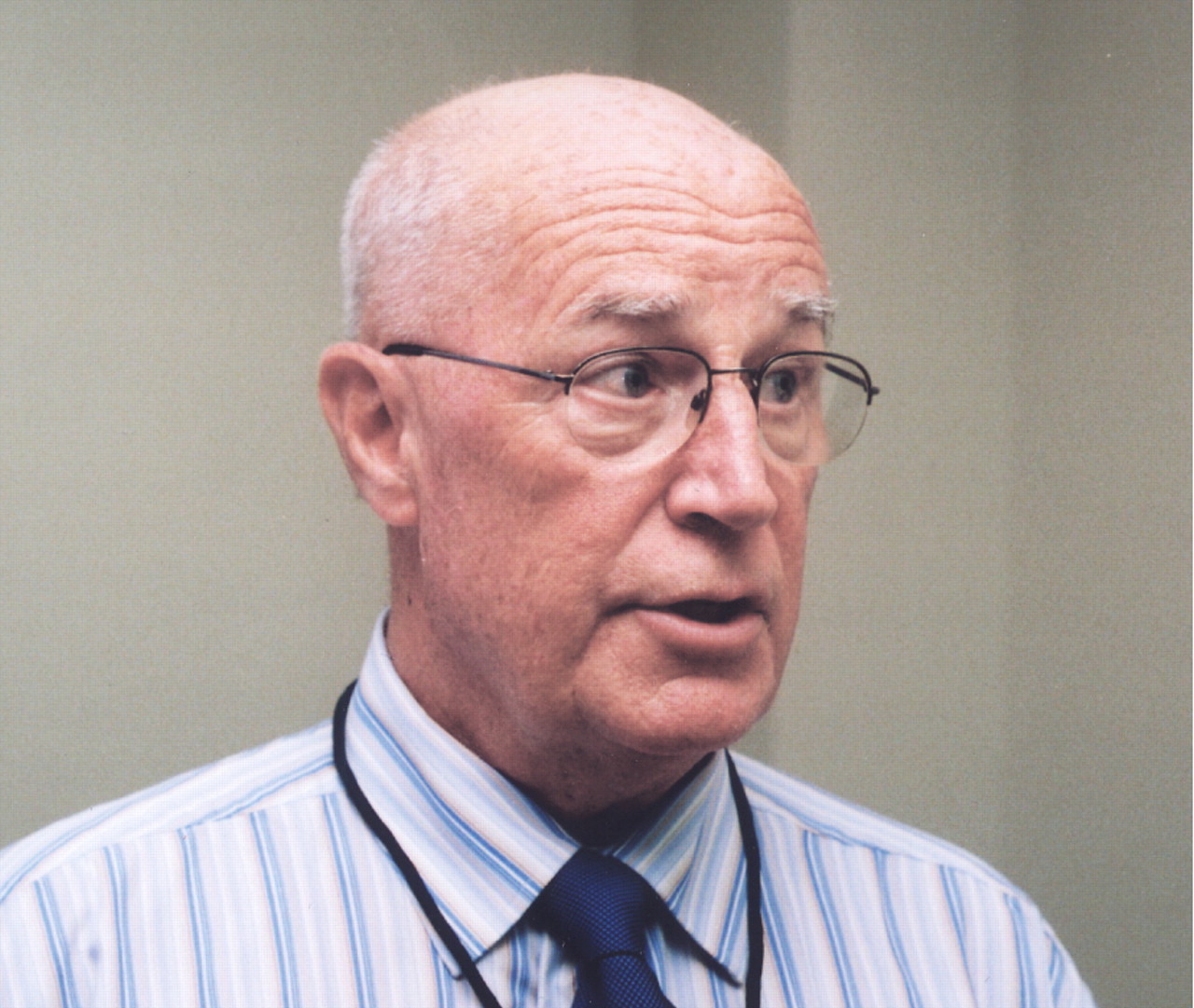With the exception of those specializing in addiction, many psychiatrists may not have had much training in alcoholism treatment in medical school and residency. However, as psychiatrists know well, problems with alcohol are common in a patient population, which makes alcoholism treatment important to many psychiatrists' practices.
So what kinds of alcoholism treatments can psychiatrists offer patients these days? Well, there is both bad news and good news.
The bad news is that “there is no one approach that is particularly better than another,” Marc Schuckit, M.D., an alcoholism authority and distinguished professor of psychiatry at the University of California, San Diego, said in an interview. “At least the [scientific] literature to date doesn't indicate that there is any simple way to match the treatment to the specific patient.”
The good news, however, is that there have never been so many good treatment options for alcoholism, Schuckit and other alcoholism experts agreed.
Disulfiram has long been available to deter people with alcoholism from drinking. If people drink alcohol while taking this drug, however, they can experience not only unpleasant but also potentially dangerous side effects. A more generally tolerated drug was approved in 1995 by the Food and Drug Administration (FDA)—naltrexone, which reduces alcohol craving.
In 2004 the FDA approved a third drug to treat alcoholism—acamprosate—which had already been used in Europe for this purpose. Like naltrexone, it reduces alcohol craving and is generally well tolerated. And finally in 2006, the FDA approved the anticonvulsant drug topiramate, which is used off label for treating alcoholism. It makes people lose interest in drinking and is generally well tolerated.
Of the three newer alcoholism medications, “I think the strongest evidence is for naltrexone in terms of there being the most studies and the most positive studies,” Henry Kranzler, M.D., said in an interview. He is an addiction psychiatrist and associate scientific director of the University of Connecticut's Alcohol Research Center.
Kranzler said that naltrexone is the medication he prefers to use to treat individuals suffering from alcoholism because it's “safe, has demonstrated efficacy, and has been approved for more than a decade.” Also of note: In a randomized controlled trial, naltrexone was found to be significantly better than a placebo in helping American Indians and Alaska Natives achieve abstinence from alcoholism. These results appeared in the June 28, 2008, Alcoholism: Clinical and Experimental Research.
Yet when it comes to the most robust alcoholism medicat ion, it is topiramate, Kranzler said. It has been shown to be efficacious in treating alcoholism in both a single-site study and a multicenter one.
Naltrexone, acamprosate, and topiramate are also helpful in that they can help people reduce their alcohol intake even if they don't stop drinking altogether, Kranzler said. But that does not mean “necessarily that one would go into treatment recommending simply reduction,” he cautioned.“ Although for some people that does seem to be appropriate, for many others, complete cessation is probably the only reasonable goal....”
Data indicate, too, that cognitive-behavioral therapy (CBT) can help individuals with alcoholism, Schuck it reported. The regimen is focused on handling thoughts about alcohol, dealing with urges to drink, refusing drinks, and avoiding situations that might lead to relapse. Indeed, the alcoholism-treatment program that Schuckit conducts at his university and at the VA San Diego Healthcare System is based on a cognitive-behavioral approach, he said.
Still useful is Alcoholics Anonymous (AA), which was founded in 1935 and has some 2 million members worldwide. It is based on a 12-step approach to recovery that includes admitting that one cannot control one's addiction, recognizing that a greater “power” can give strength, turning one's life over to that power, making a list of people one has harmed by alcohol abuse and making amends to them if possible, and helping others who also suffer from alcoholism.
Some good scientific evidence underscores AA's efficacy, although this evidence has essentially become available only since 2000 or so, reported Graeme Cunningham, M.D., at the annual meeting of the Canadian Psychiatric Association in Vancouver last September. In addition to being a psychiatrist and internist, Cunningham is director of the Addiction Division of Homewood Health Center in Guelph, Ontario.
For example, a large sample of people entering ambulatory alcoholism treatment for the first time, from referral or detoxification centers, were evaluated at intervals of up to 16 years. Their participation in AA was found to make a positive contribution to their outcomes independently of any other treatments they received, Marc Galanter, M.D., a professor of psychiatry and director of the Division of Alcoholism and Drug Abuse at New York University, told Psychiatric News.
In another large-scale study of alcohol-dependent veterans, who were initially treated as inpatients, their level of AA attendance within the first year after admission predicted fewer alcohol problems at the two-year follow-up, Galanter also reported. This effect was independent of their previously measured motivation for change, suggesting that AA itself plays a causative role in reducing drinking.
A large federal study called Project Match, where participation in AA was simulated with a 12-step approach to conquering alcoholism, found such participation as effective as CBT or motivational enhancement therapy in achieving this end, Kranzler said. (Motivational enhancement therapy provides structured feedback about alcohol-related problems and attempts to motivate a patient to change, to increase personal responsibility, and to enlist personal resources.)
In addition to medications and psychosocial therapies, there are a number of effective alcoholism-treatment programs that deploy either or both modalities.
For example, Hazelden in Minnesota, a highly respected treatment facility, has helped people reclaim their lives from alcoholism since 1949. Hazelden also has treatment facilities in Florida, Illinois, Oregon, and New York. The treatment approach is an abstinence-based, 12-step one, with the goal of achieving lifelong recovery from the illness. An interdisciplinary team of professionals works with each patient to ensure that the team addresses all aspects of his or her addiction as well as any co-occurring disorders that affect the body, mind, or spirit.
Double Trouble in Recovery (DTR), a 12-step-based, mutual-aid fellowship for people recovering from both alcoholism and mental illness, was recently listed in the National Register of Evidence-Based Programs and Practice. Six DTR groups, in fact, have been established as part of standard psychiatric inpatient services at Woodhull Hospital in Queens, N.Y.
In Canada, there is Cunningham's residential alcoholism-treatment program—the only residential alcoholism-treatment center in Canada that includes AA participation in its treatment. Cunningham also launched a program in 1990 to treat alcohol-dependent doctors and nurses. Since then, he has treated several thousand of them, he told Psychiatric News.
In Germany, meanwhile, Hannelore Ehrenreich, M.D., Ph.D., a psychiatrist with the Max Planck Institute of Experimental Medicine in Goettingen, along with Henning Krampe, Ph.D., a psychologist there, designed a treatment program for severely affected alcoholic patients called the Outpatient Long-Term Intensive Therapy for Alcoholics (OLITA). The two-year treatment program is run by an interdisciplinary team. It includes detoxification, frequent individual therapy sessions, year-round 24-hour emergency service, the use of disulfiram to deter drinking, regular urine and blood testing for alcohol, and aggressive aftercare—say, unannounced home visits—after the program has ended.
Ehrenreich and Krampe tested the effectiveness of the program on 180 persons with severe alcoholism (that is, 60 percent already suffered from chronic pancreatitis, liver cirrhosis, or other grave consequences of the illness). They found that a quarter of the subjects did not consume any alcohol at all during the two years of treatment and seven years of follow-up, and that 52 percent experienced only an occasional brief relapse during the two years of treatment and seven years of follow-up. Ehrenreich explained,“ They drank, for example, a beer and then called us. We implemented an emergency intervention, and they then continued their abstinence.”
On the basis of the scientific evidence available, “I think the OLITA program compares very favorably with, and appears to be much more effective than, most other [alcoholism] intervention programs,” Ivan Diamond, M.D., Ph.D., an alcoholism expert in Palo Alto, Calif., and editor in chief of Alcoholism: Clinical and Experimental Research, told Psychiatric News. “I am impressed by their achievements.”
“There are [also] similar programs in Austria, England, and Switzerland, and we are in touch with them,” Ehrenreich said.“ There is a lot of interest [in them] all over the world, I would say.” ▪

